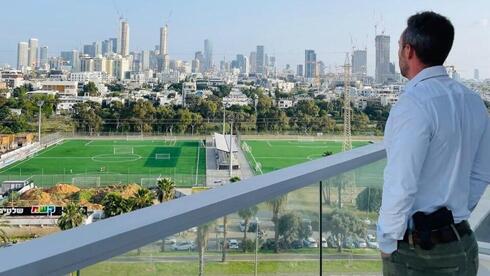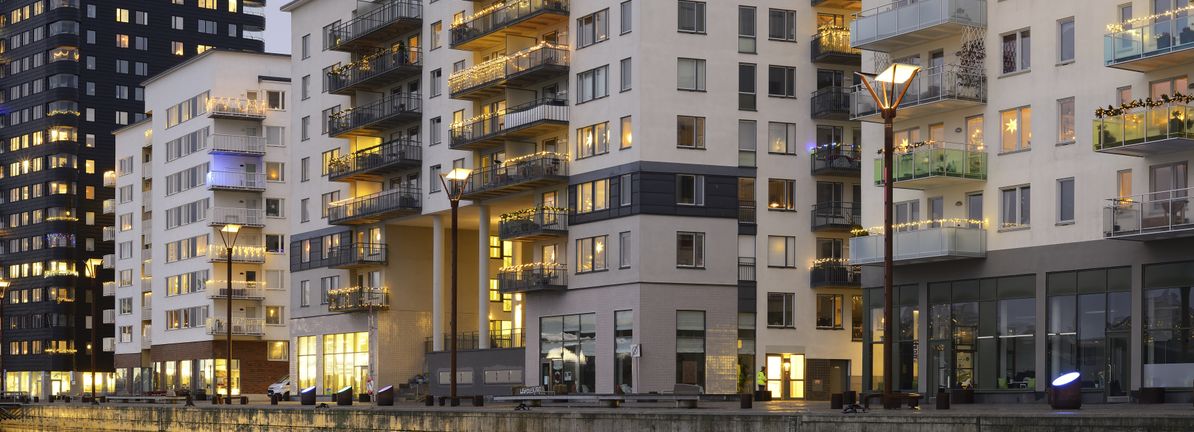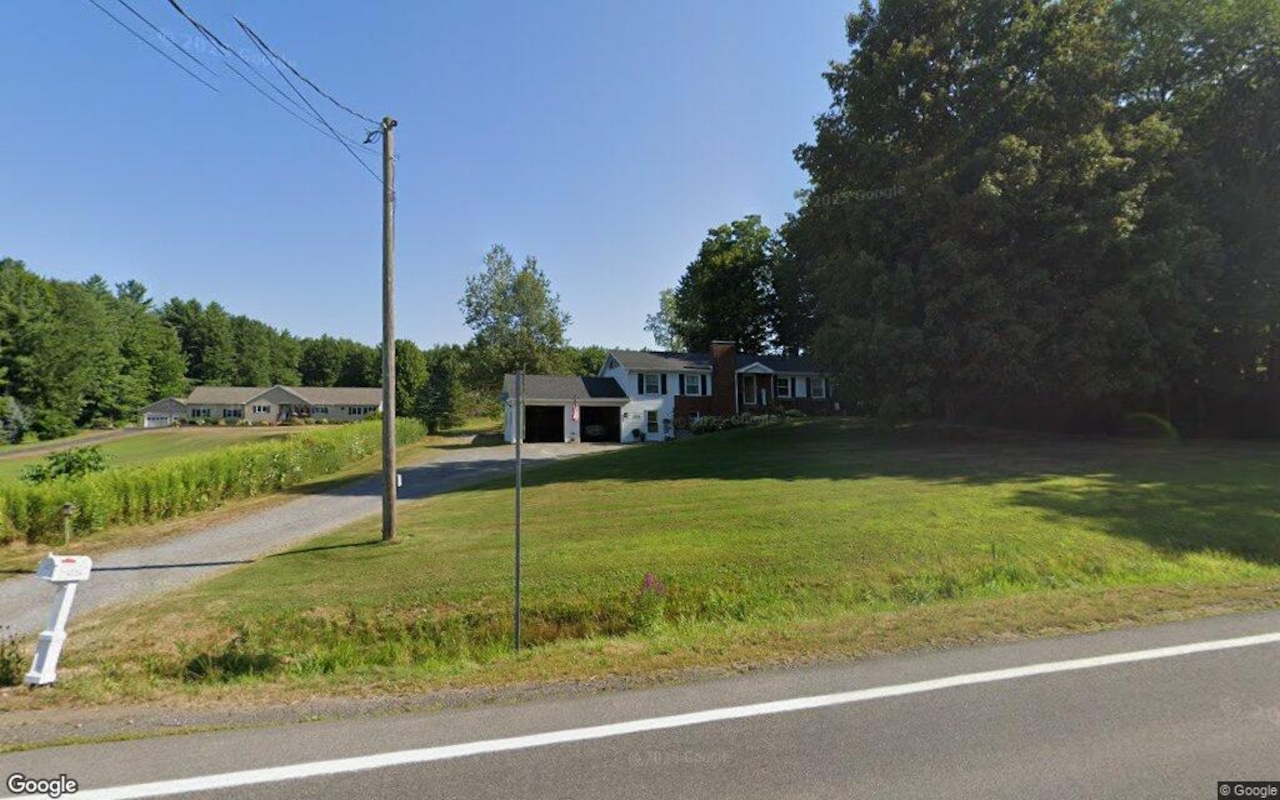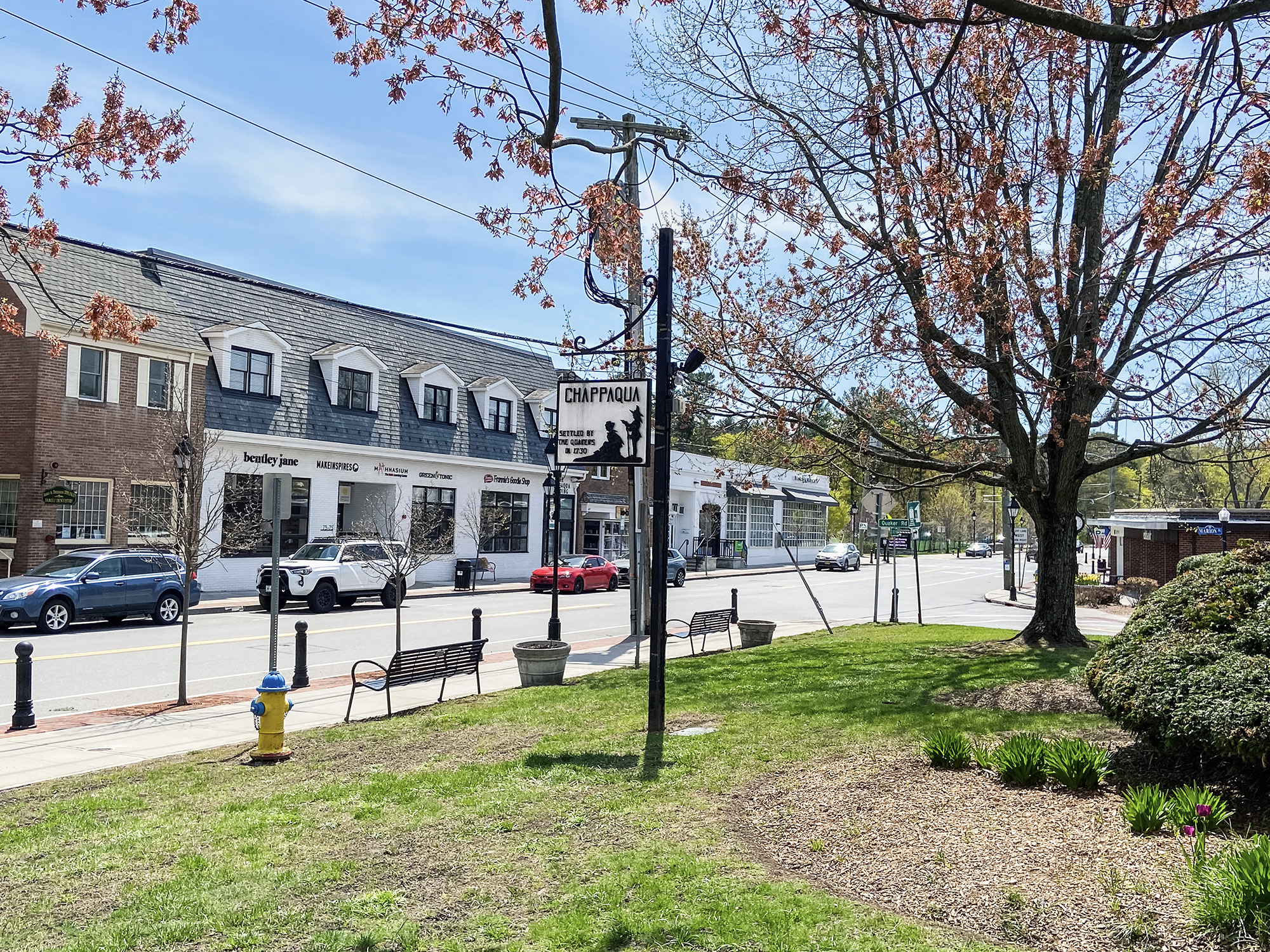T
he Israeli property market is not crashing, but rather correcting itself. I'm constantly asked by international clients what's happening on the ground, and the reality is that most articles and reports are outdated. As someone working daily in Tel Aviv and its surroundings, I can attest to the current state of affairs.
The COVID years created a perfect storm: cheap money, government stimulus, and eager buyers led to sellers having all the power. If you weren't willing to pay full asking price, they wouldn't even consider your offer. However, from late 2022 onwards, interest rates spiked, and buyers were quickly priced out of the market.
The correction has been most pronounced in older, second-hand apartments. In Tel Aviv's Old North neighborhood, a typical two-bedroom unit that once sold for around 60,000 NIS per square meter is now closer to 50,000-52,000 NIS or less. Many sellers are still clinging to 2021/2022 prices and finding their properties unsold.
Developers are listing high, but behind the scenes, there's flexibility. I've secured significant discounts for clients, along with flexible payment terms, which was unthinkable just a few years ago. Inventory is higher than it has been in at least five years, giving buyers more choice than ever.
The core dynamic today is the gap between what sellers want and what buyers will actually pay. Rates remain high, international buyers face higher borrowing costs, and Israel is still at war – a recipe for a depressed market. Despite less volume, well-priced properties are selling, and quality apartments continue to command a premium.
When the war ends and consumer confidence returns, I believe we'll see a surge in demand. Even second-hand apartments with good fundamentals will see higher closing prices. Rates may ease, making mortgages more affordable. Additionally, an expected aliyah wave could drive up demand across the country.
I don't foresee a return to 8-10% annual appreciation unless rates fall back to historic lows. Instead, we'll likely see steady, sustainable growth year by year. What we're experiencing now is a correction, not a crash. Sellers can still achieve good results today, but those who wait until confidence returns may maximize their upside.
From my perspective, despite the slowdown, the market will recover. Buyers have more leverage and choice than ever. Sellers who are realistic can still achieve strong results. Once the war is behind us, demand and confidence will surge again. For international buyers wondering whether now is the time to invest, I say: invest like a Zionist, negotiate like a realist – because while Israel is not going anywhere, your buyer's advantage won't last forever.














